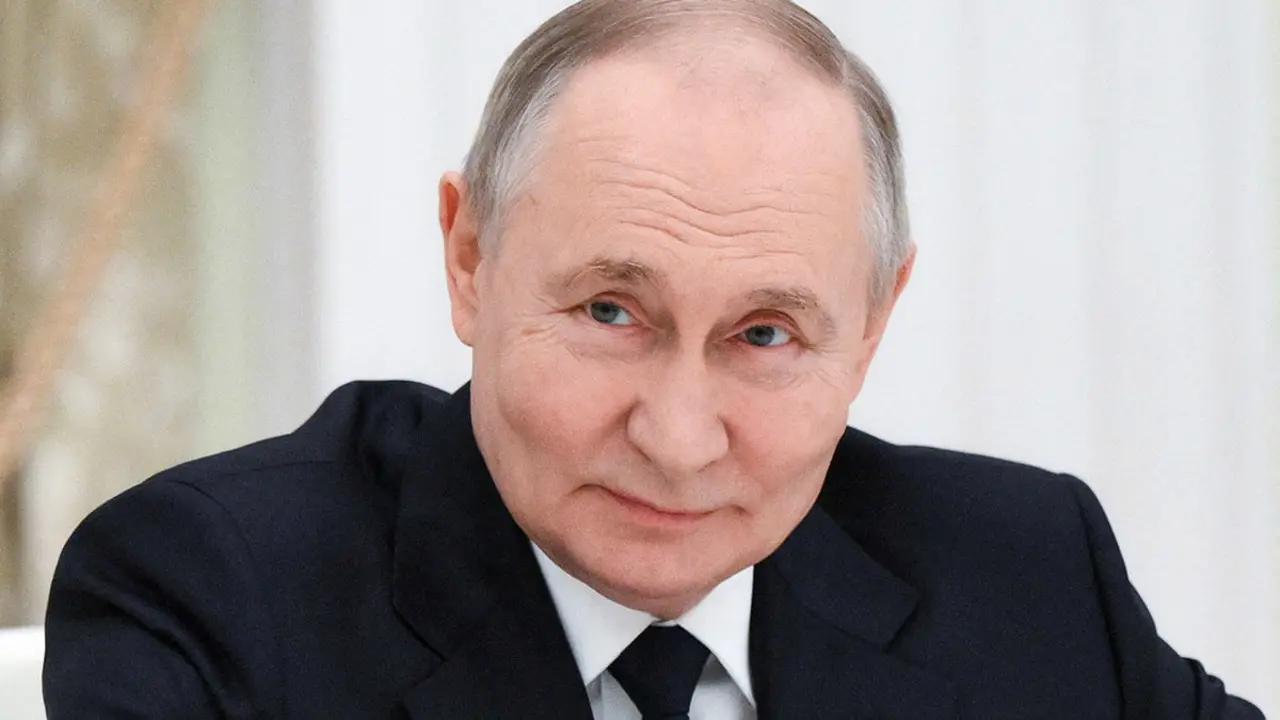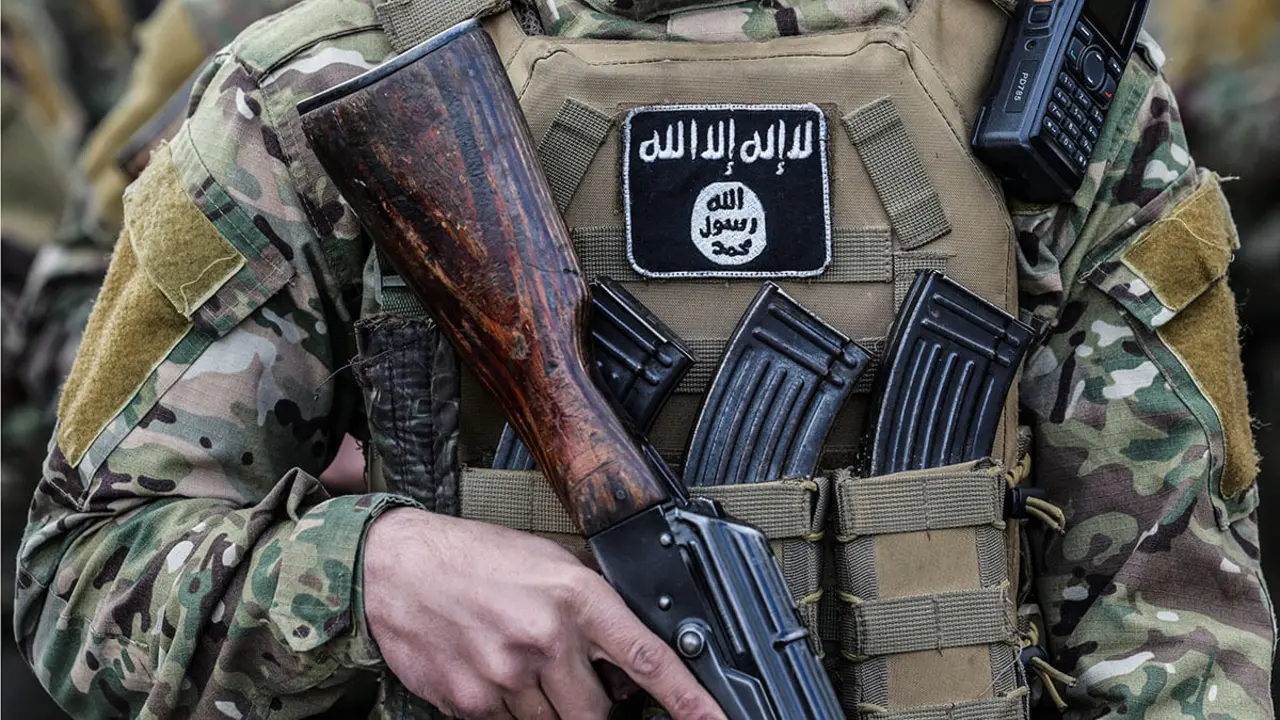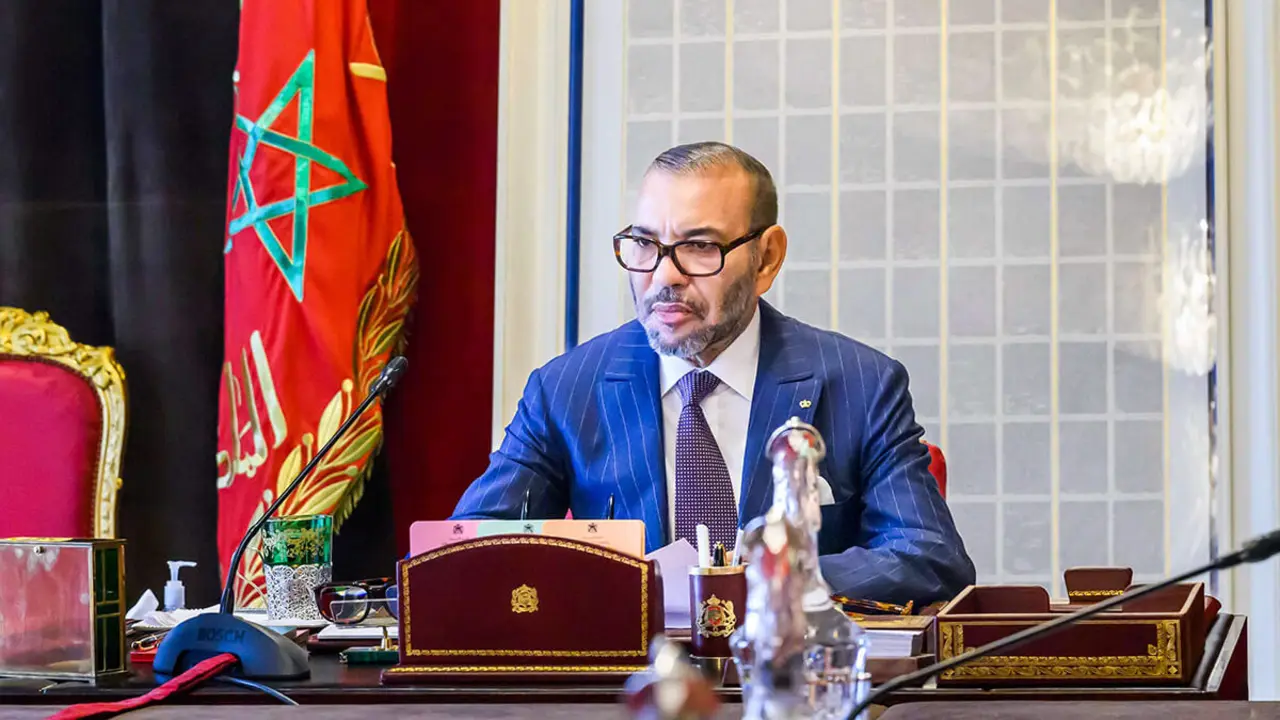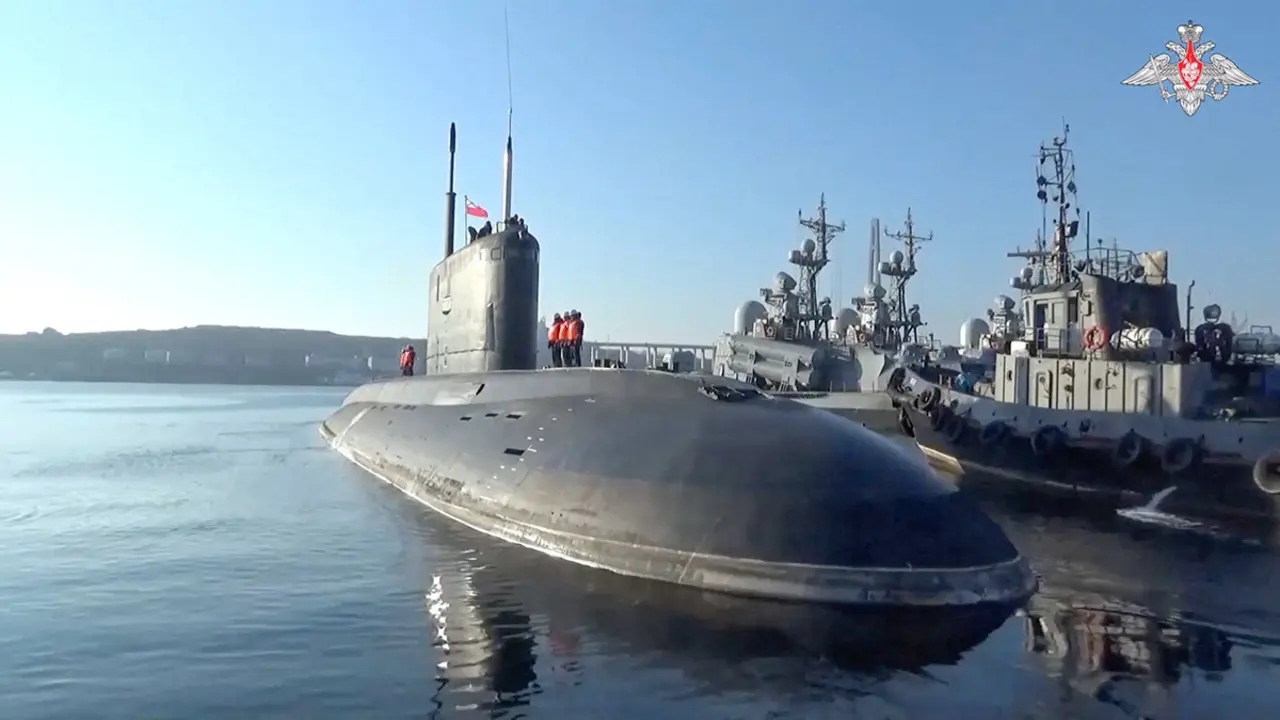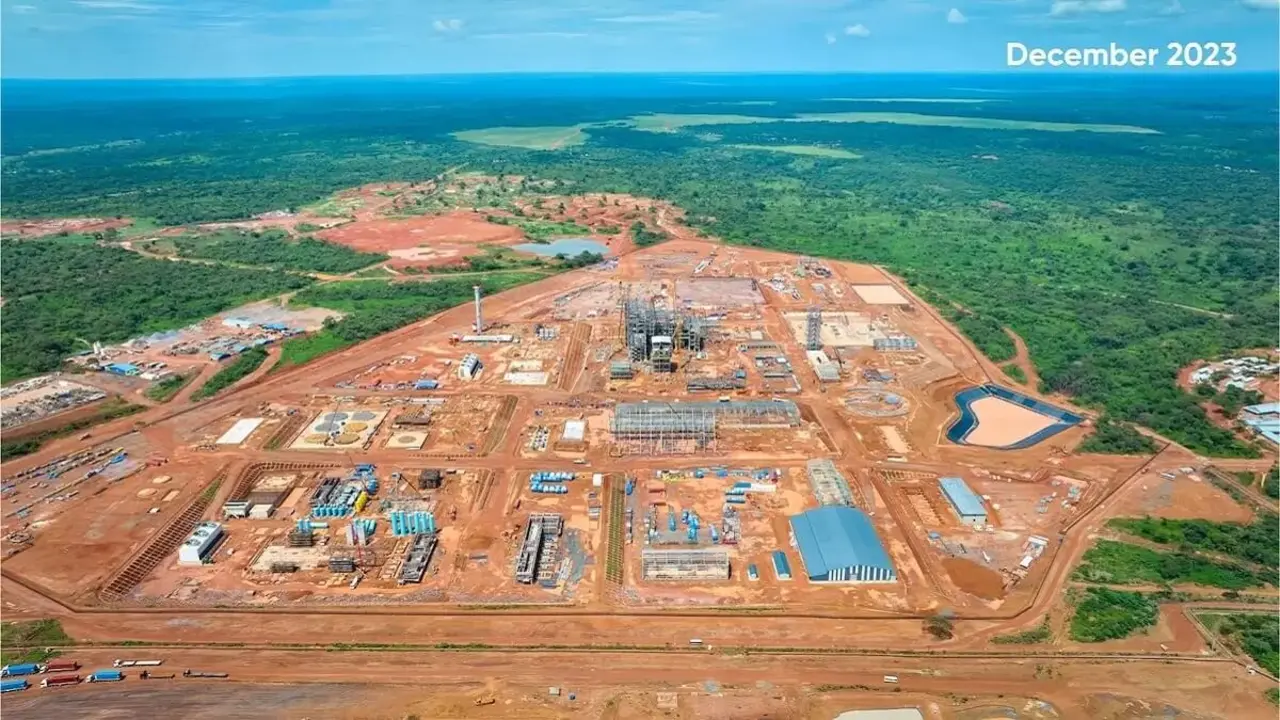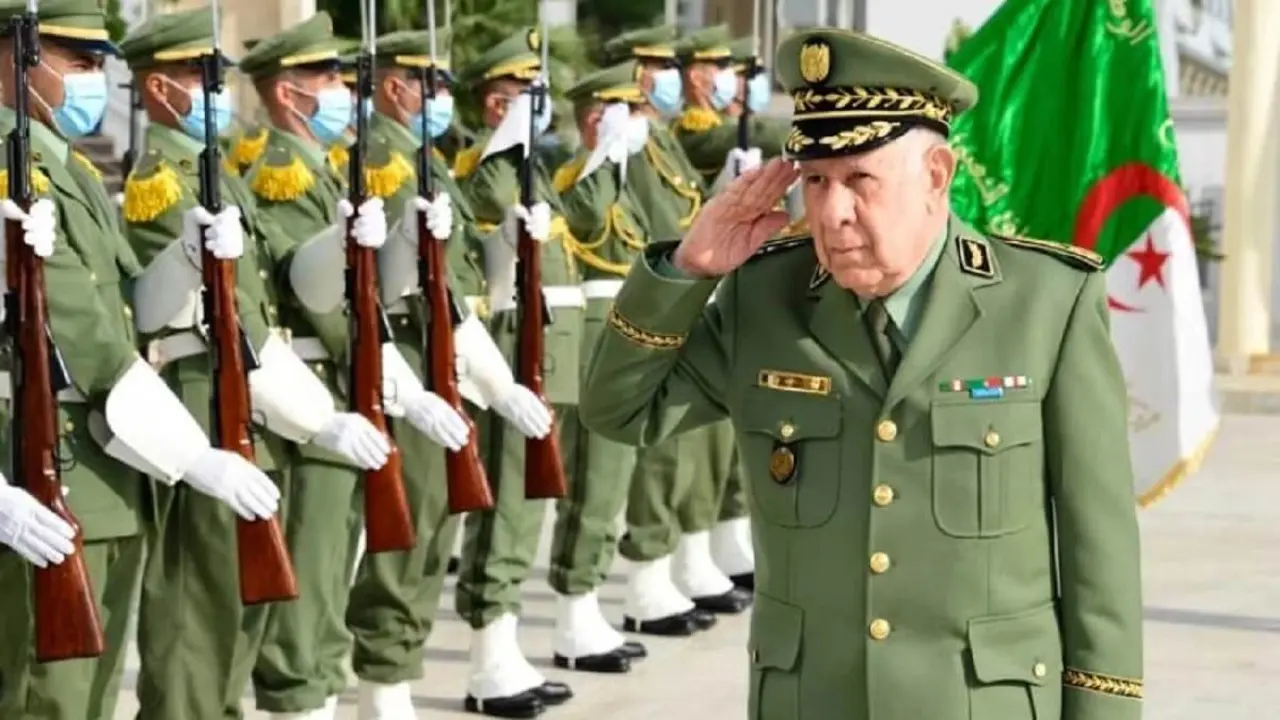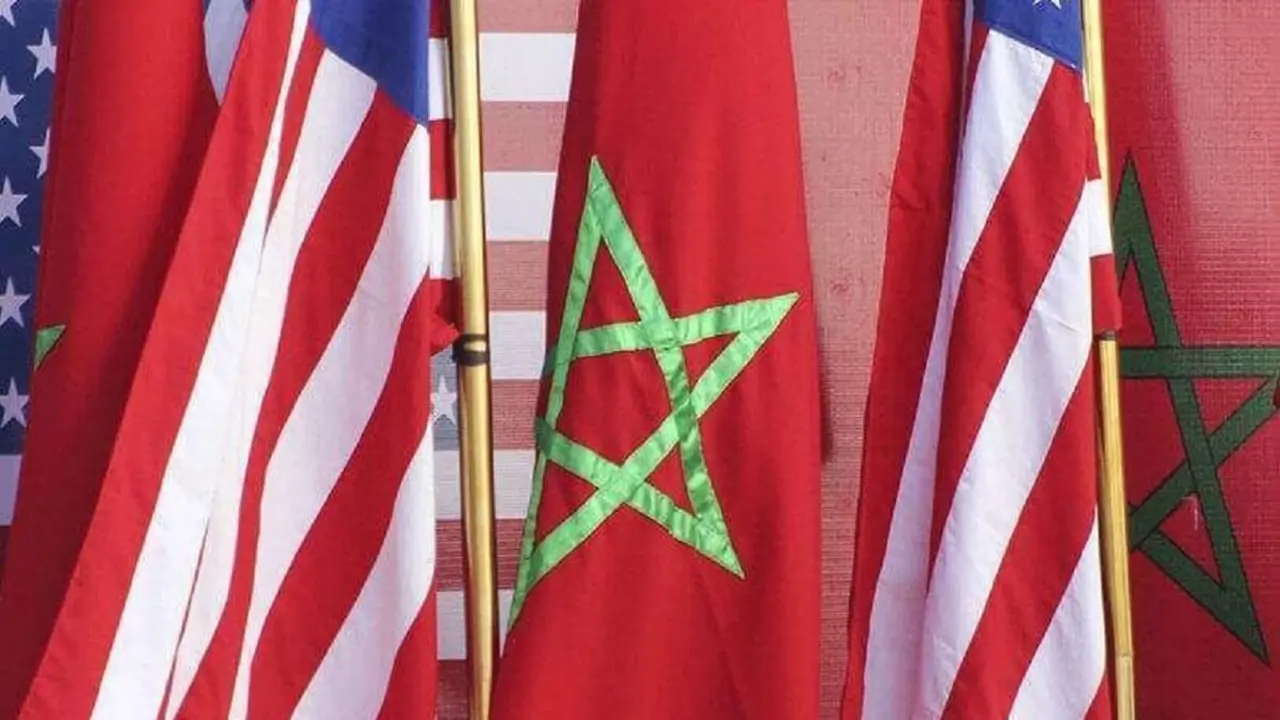Valencia hosts the second edition of the Mediterranean Security Conference

This Thursday saw the 2nd Conference on Security in the Mediterranean, a forum organised by the European University of Valencia and the Ministry of Defence, which brought together numerous members of the Department of National Security and prestigious experts in international security, defence and international relations. Entitled 'Spain and the Arab Spring, ten years on', this forum brought together more than 250 attendees in the Throne Room of the High Readiness Ground Headquarters in Valencia to analyse the consequences of the Arab Spring in Spain and the impact of the imbalances in the area on Spanish national security.
The conference, which consisted of three different sessions, was inaugurated by the Rector of the European University of Valencia, Rosa Sanchidrián, accompanied by the delegate of the Ministry of Defence in the Region of Valencia, Rafael Morenza, Lieutenant General Fernando García-Vaquero, and the lecturer in International Relations at the European University of Valencia and organiser of the event, Jorge Mestre. In her speech, the Rector reflected on the current international context, stating that "changes are happening faster and faster and, living in such an interconnected society, their impact is much greater". "That is why at the Universidad Europea de Valencia we train our students to face the challenges of the future with a global perspective," he added.
He also took the opportunity to encourage people to follow the example of this conference and stressed the need to "continue creating more spaces for reflection and knowledge transfer".
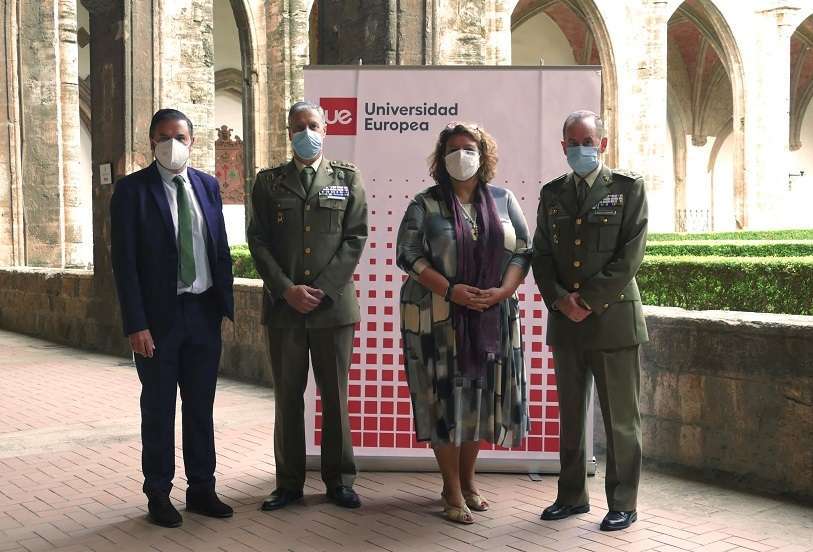
Next, Lieutenant General Fernando García Vaquero gave a presentation on NATO and its southern flank, in which he spoke about the current threats, highlighting among them "the challenges arising from new technologies, climate change, demographics and disinformation". In his speech, he also highlighted NATO's role as "a security actor with an increasingly global vision", and called for "humility and respect" when approaching conflicts on the African continent, defending NATO's role as that of "providing security" and stressing the importance of "the solution to the problems of the African continent coming from the Africans themselves".
This was followed by a panel of experts with the participation of José María Peredo Pombo, Professor of International Communication and Politics at the Universidad Europea, Javier Fernández Arribas, journalist and director of the magazine Atalayar, and Enrique Manglano, Professor of International Relations at the Universidad Europea. In this panel, moderated by Thomas Kruiper, also a lecturer at the Universidad Europea, they debated the Arab Spring, the conflict in Afghanistan, and the balance of the international order at the end of the 9/11 era, among other topical issues.
In the last session, the former operational director of National Security of the Presidency of the Spanish Government, Ignacio García Sánchez, reflected on the new threats to Spanish national security, pointing out that "most of them are not new, but have been in place for years, although they are becoming more accentuated", and pointing to "disinformation and growing inequalities" as the most relevant new developments on this front. At the same time, he stressed "the importance of making citizens jointly responsible" in matters of national security, and of "making progress in crisis management models that develop the capacity for prevention and detection".
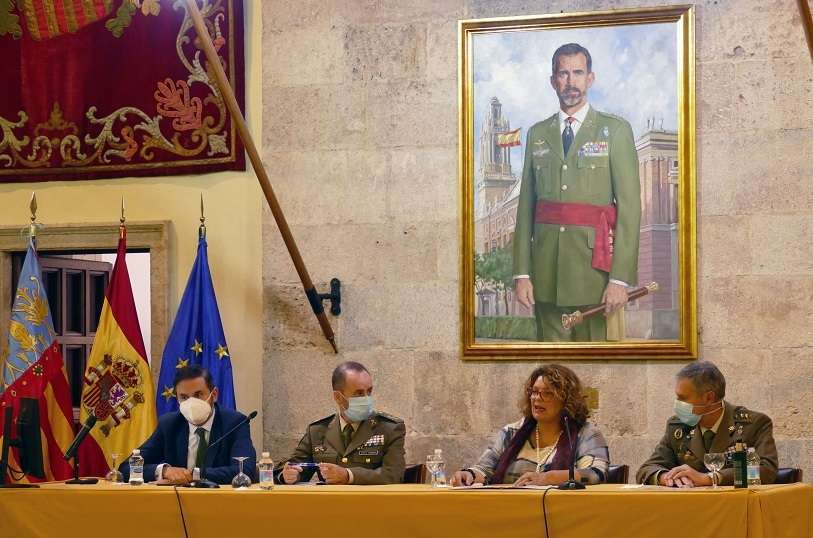
The Mediterranean Security Conference was born in 2019 with the aim of establishing itself as an annual platform that creates spaces for debate and reflection in the field of national and international security, with Valencia as the fixed venue for the event.
The forum, the first of its kind in the Mediterranean, is an initiative of the European University of Valencia with the collaboration of the Ministry of Defence, and aspires to become a benchmark in the calendar of national security events.

